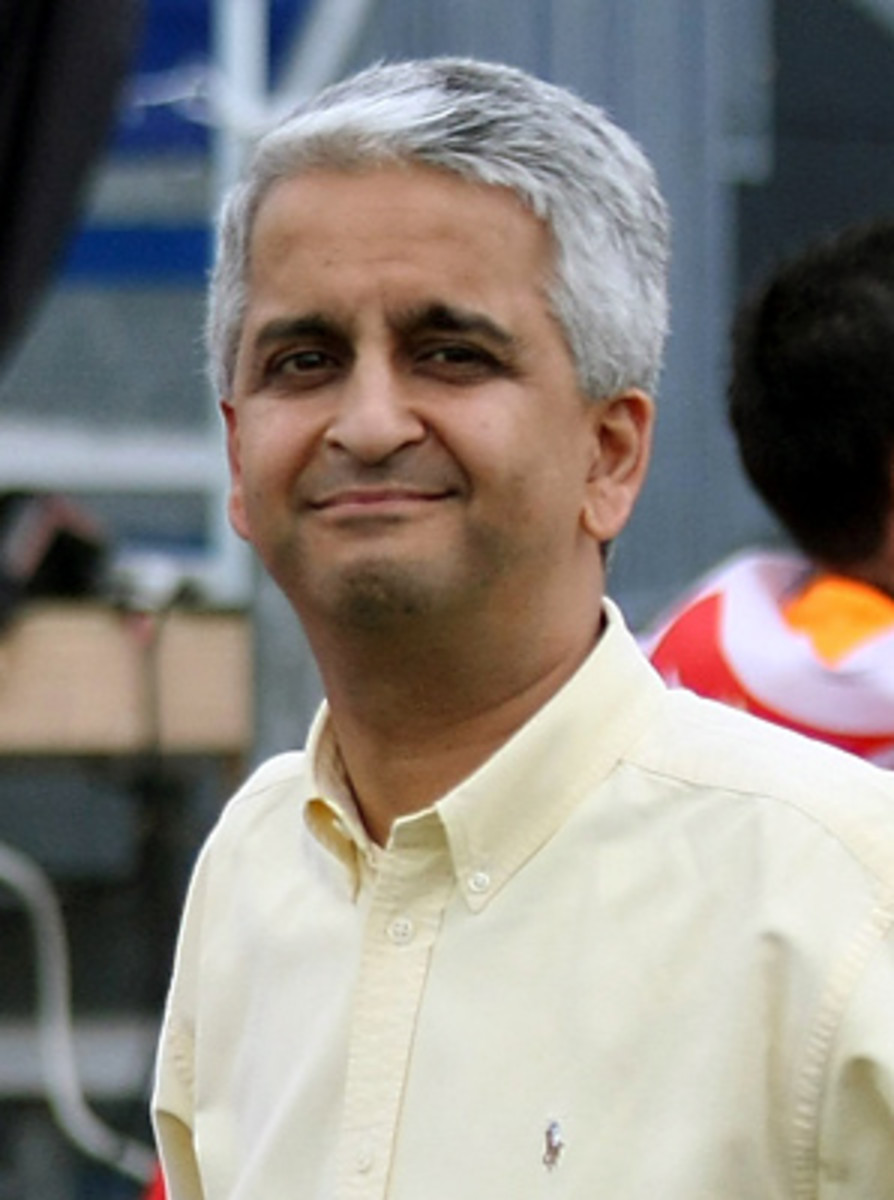
Gulati: CONCACAF won't tell U.S. Soccer how to vote in FIFA election
Less than three weeks before FIFA's presidential election, U.S. Soccer president Sunil Gulati revealed the U.S. will not be told how to vote by CONCACAF president Jack Warner, the most powerful figure in the U.S.' home confederation.
Gulati's move is a public show of independence by U.S. Soccer after Warner had announced all 35 CONCACAF members (including the U.S.) would vote as a bloc in the FIFA election, which pits incumbent Sepp Blatter of Switzerland against Mohamed bin Hammam of Qatar.
"We'll make a decision that's in the best interests of U.S. Soccer and what we think is good for the game internationally," Gulati said. "What CONCACAF or the Caribbean Football Union chooses to do will be up to them. CONCACAF hasn't announced a decision on who the leadership will support, but we know what we're going to do."
Gulati, who is also a member of the CONCACAF executive committee, refused to comment when asked which candidate the U.S. was supporting or whether it had decided to abstain in the June 1 FIFA election.
Warner, who is from Trinidad and Tobago, has been the president of CONCACAF since 1990. He is viewed as a powerful figure in FIFA in part because of his ability to deliver votes from CONCACAF, where 25 of the 35 members are Caribbean nations. He is also a controversial figure. In a U.K. parliamentary hearing last week, Lord Triesman (the former head of England's World Cup 2018 bid) testified that Warner had demanded $4 million for an education center in Trinidad in exchange for his support. (Warner denied the allegation.)
Five other members of FIFA's 24-man executive committee were alleged to have acted improperly in the parliamentary hearing. Two reporters for the Sunday Times were called to testify and claimed that a "whistle-blower" who'd worked for the Qatari World Cup '22 bid told them two other FIFA ExCo members, Jacques Anouma of Ivory Coast and Issa Hayatou of Cameroon, were paid $1.5 million in exchange for their support of Qatar's bid. (They denied the allegations.)
The U.S. finished second behind Qatar in the vote for World Cup '22. When asked if last week's news meant the U.S.'s World Cup bid was no longer a closed case, Gulati wouldn't quite go that far. "Obviously, we've been watching the news from London," he said. "Any of us who participated as bidders or anyone watching this from the outside knows that the process needs to be reviewed and reformed."





